NAQURA, Lebanon, Jan 24, (V7N) - The Lebanese border town of Naqura remains deserted and ravaged despite a Hezbollah-Israel ceasefire that has held since November. With a January 26 deadline for Israel and Hezbollah to withdraw from south Lebanon approaching, Israeli forces remain in parts of the region. Under the truce, Israel must pull back across the border, and Hezbollah is required to retreat north of the Litani River while the Lebanese army and UN peacekeepers redeploy to the south.
Residents are barred from returning to Naqura due to safety concerns, with Mayor Abbas Awada describing it as a “disaster zone.” He cited the Lebanese economic crisis as a major hurdle for reconstruction, estimating it would take at least three years to rebuild. The Israeli military’s withdrawal on January 6 left extensive destruction, and much of the damage reportedly occurred after the ceasefire began, with houses and infrastructure demolished using controlled explosions and bulldozers.
The ceasefire, signed on November 27, ended more than a year of hostilities between Hezbollah and Israel. While both sides accuse each other of violations, UNIFIL and Lebanese army checkpoints have been set up in the region. Reports show widespread devastation in Naqura, with bombed-out houses, uprooted trees, and destroyed schools. AFP observed significant damage, including abandoned properties and withering crops, with rotting bodies still being recovered from the rubble.
The conflict escalated in October 2023 when Hezbollah launched attacks on Israel in support of Hamas following the latter’s assault on southern Israel. An Israeli spokesperson stated that the army is committed to the ceasefire, focusing on eliminating threats in compliance with international law. However, Naqura residents remain displaced, unable to return to their homes, with some fearing the area is no longer safe.
Displaced residents like Fatima Yazbeck and Ali Mehdi have expressed deep frustration. Yazbeck, who fled Naqura 15 months ago, lamented learning her home had been destroyed, while Mehdi described how his house and local infrastructure were devastated after the ceasefire began. Many residents say they have lost everything, including livelihoods tied to agriculture and local trade.
In Tyre, another displaced resident, Mustafa Al-Sayed, shared his despair, having been forced to flee twice during wars between Hezbollah and Israel. Calling for an end to recurring violence, he reflected the sentiments of many in the region, longing for a permanent solution to end the cycles of destruction and displacement.



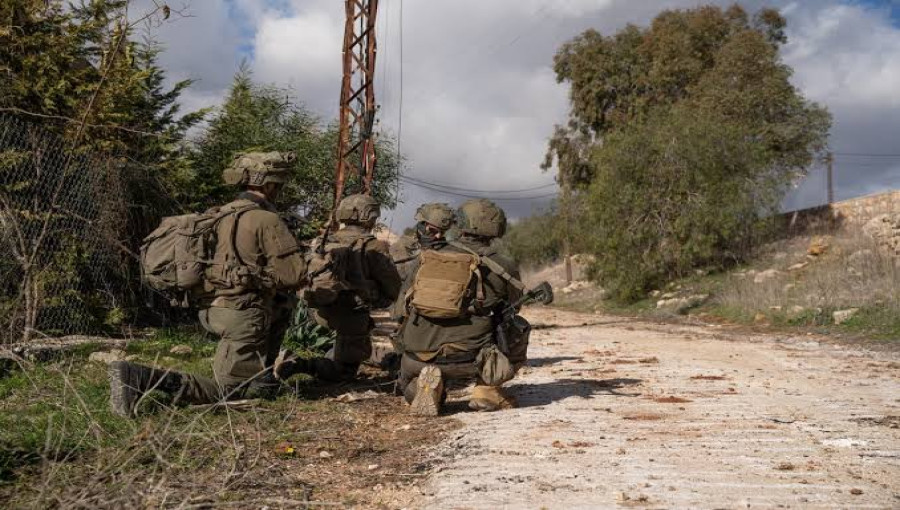

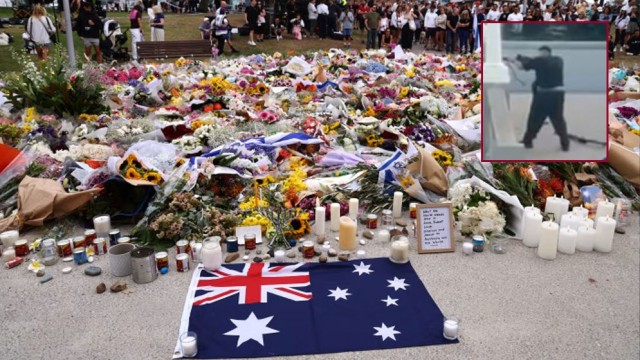
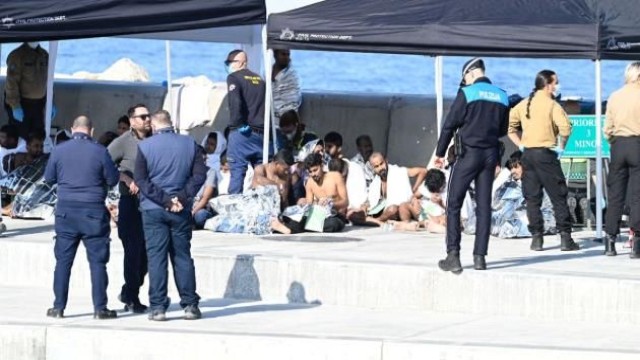
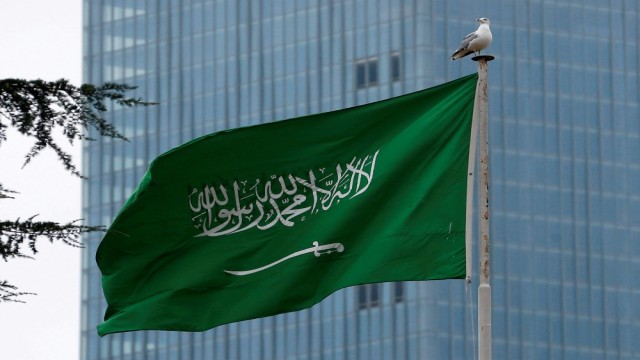
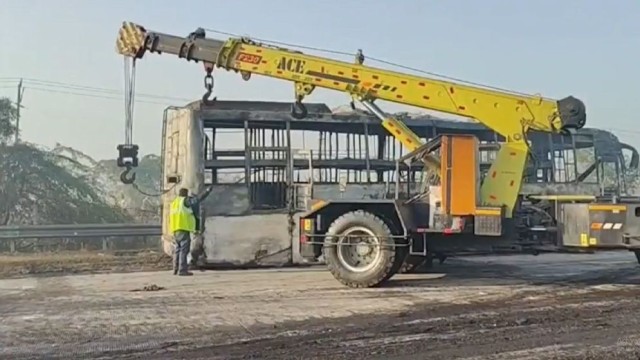
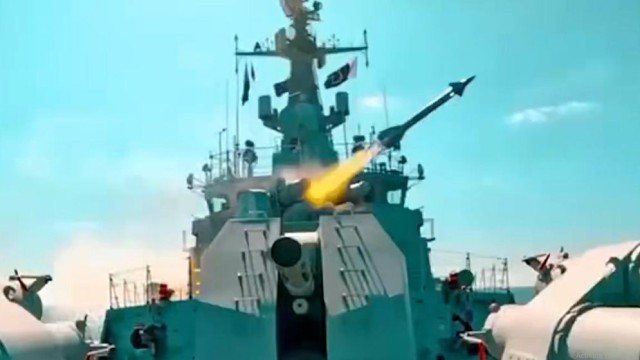
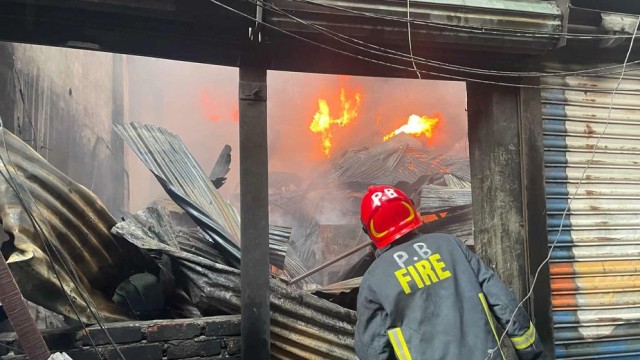
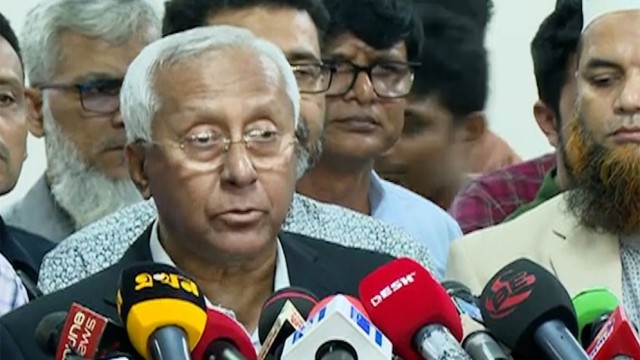

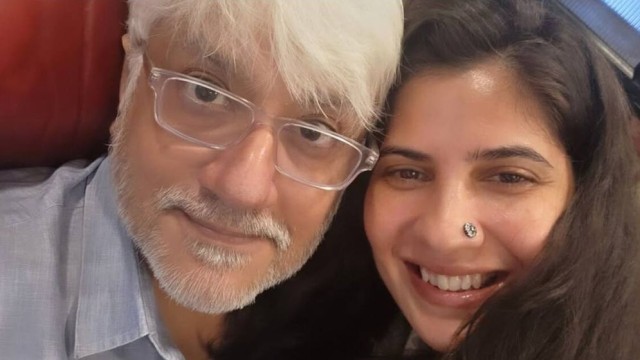
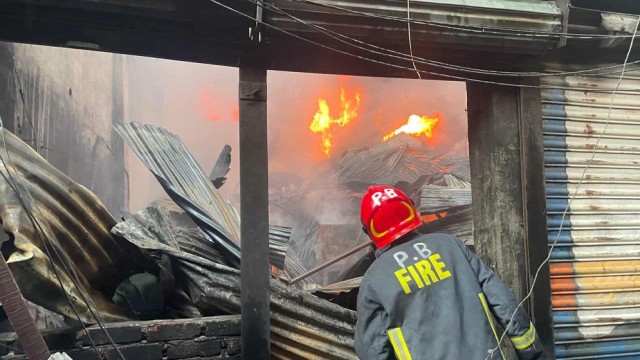
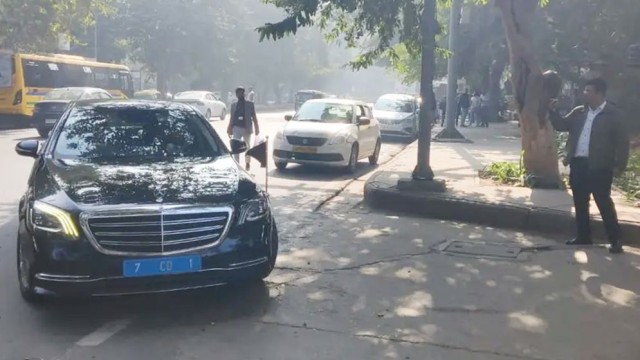
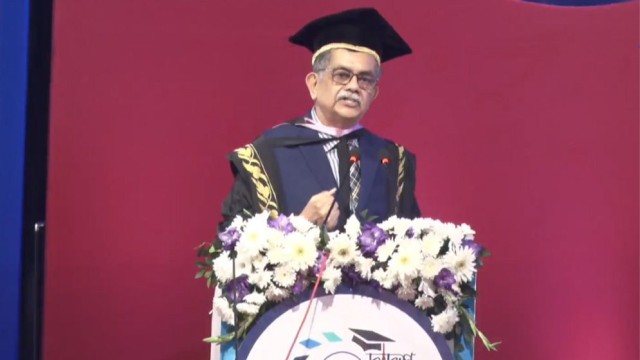


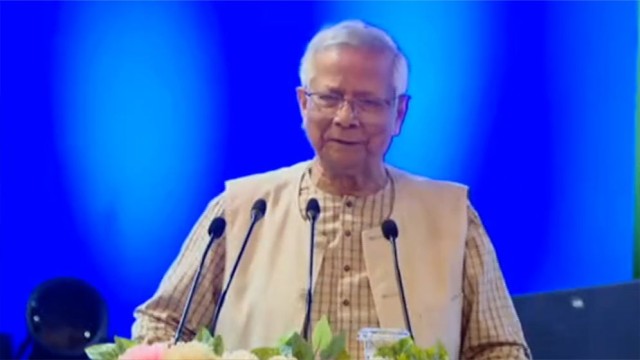

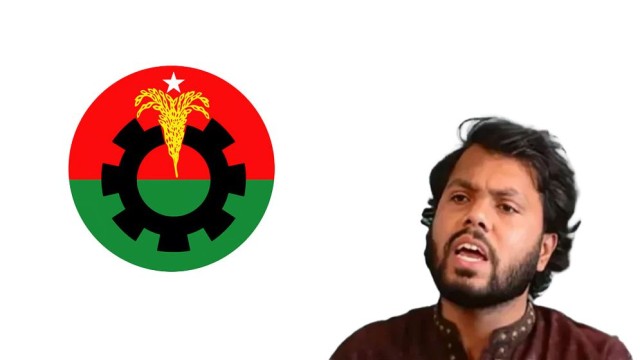
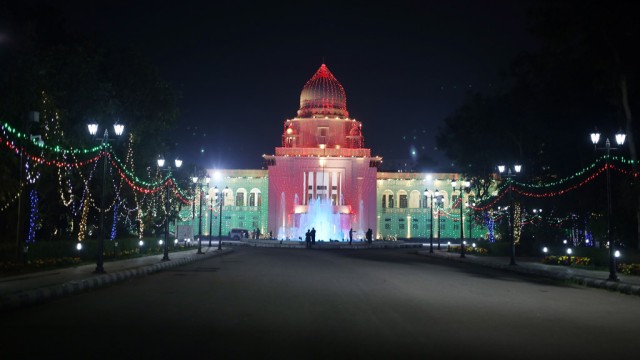
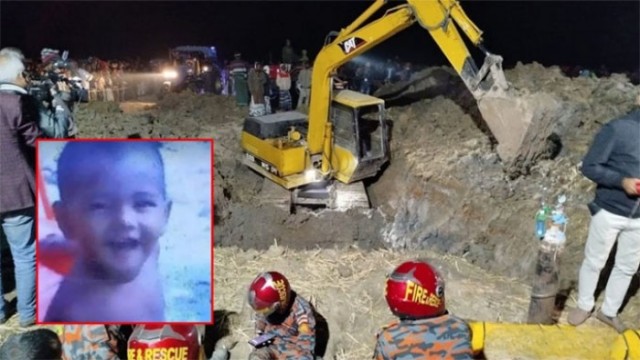

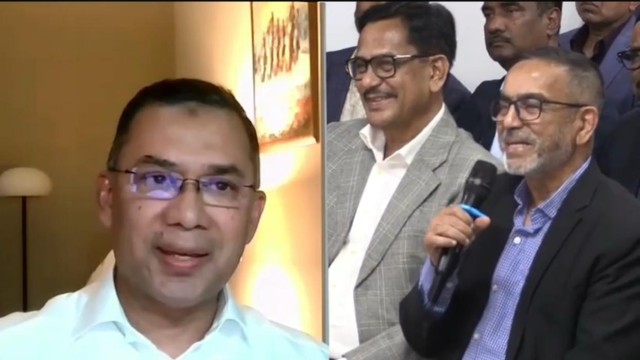
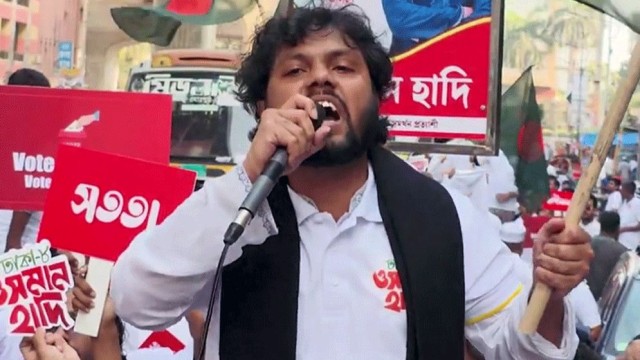
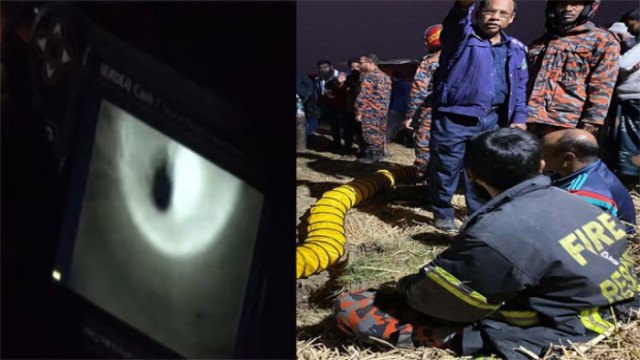

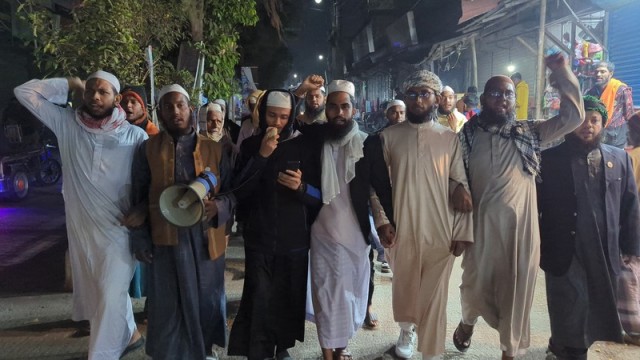
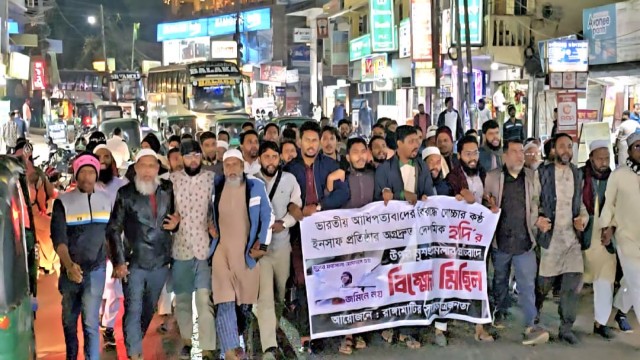
Comment: